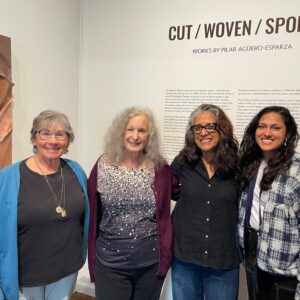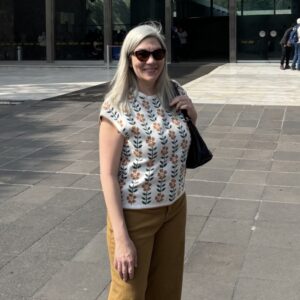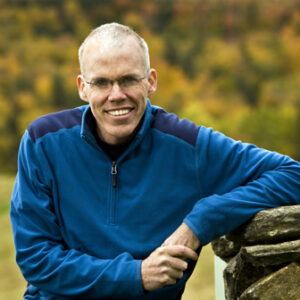The upper school Biology Club, Key Club, Global Empowerment and Outreach Club (GEO ) and Harker Environmental and Animal Rights Team (HEART) have:
• placed stickers on towel dispensers in bathrooms at all three campuses asking users to use sparingly;
• grown an organic garden on campus which has already been served up for lunch by the upper school kitchen staff;
• invited a speaker from Alliance for Climate Education, which specializes in engaging high school students to become active in stopping climate change, to address the campus;
• checked tire pressures on campus and corrected them to suggested PSIs, offsetting an estimated 3,232.83 kg of carbon entering the atmosphere – equivalent to having planted 147 trees. This action earned HEART a Certificate of Special Congressional Recognition on May 18, 2009, as winners of Rep. Mike Honda’s Go Green Contest. The same group won the award for technological innovation for their presentation at Santa Clara University’s Sustainability Decathlon on May 9, 2009.
• named charity: water GEO’s partner organization for the year, inviting speakers to address the campus on the need for clean drinking water throughout the world.
The middle school is decreasing its carbon footprint by:
• recycling used cell phones to send to troops abroad;
• printing assignments only when necessary and opting for online copies;
• giving each student a water bottle and phasing out paper cups on campus;
• using grant money from the National Science Foundation. Pairs of students are choosing, researching and growing one edible annual in a 4×4 organic plot and harvesting the resulting plants for a San Jose soup kitchen. Additional compost comes from Harker lunch waste;
• collecting all unclaimed papers from faculty printers for one month, drawing attention to the amount of paper used and immediately recycled.
The lower school:
• planted 200 daffodil bulbs to support Keep San Jose Beautiful Day;
• installed smart meters, with the initiative of two upper school students.
This article was originally published in the December 2009 issue of Harker Quarterly







